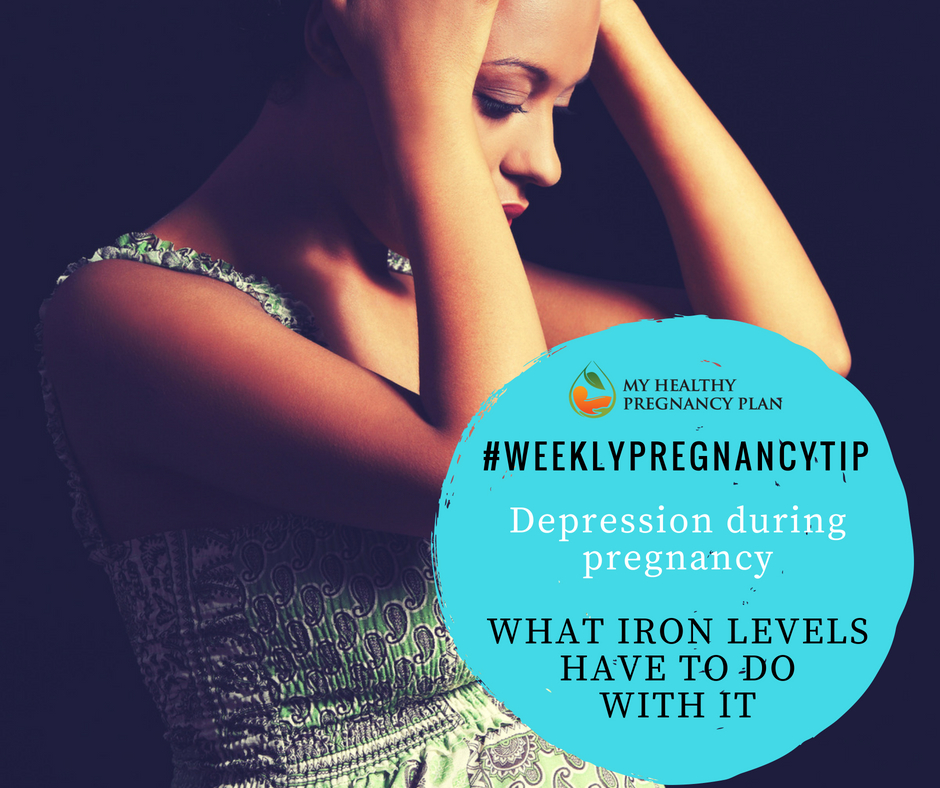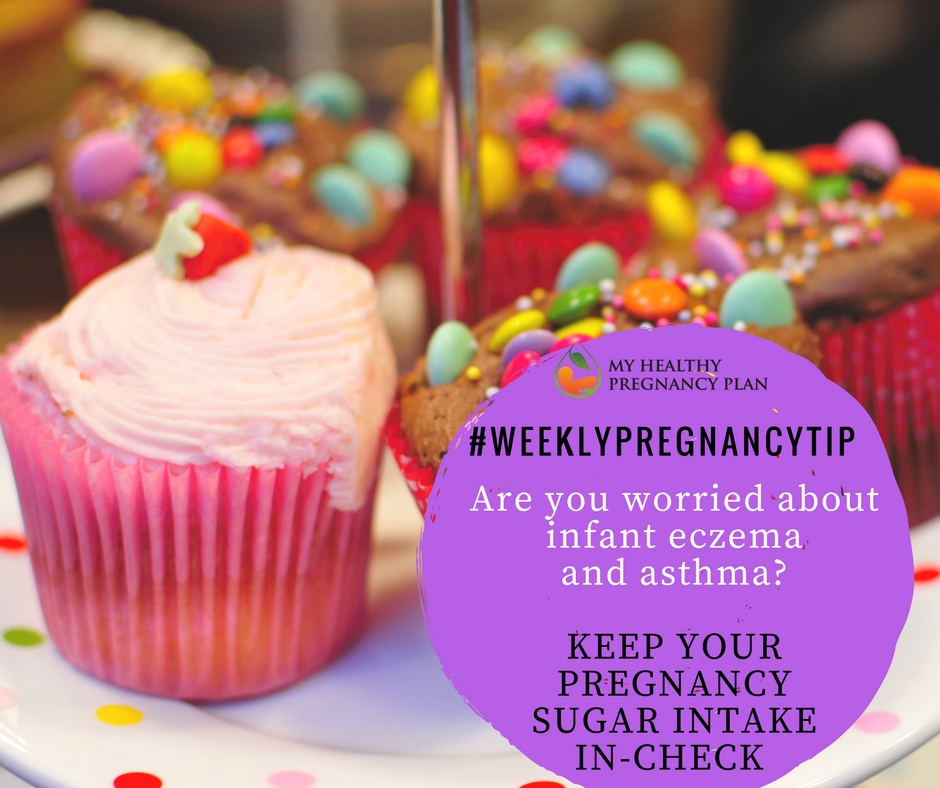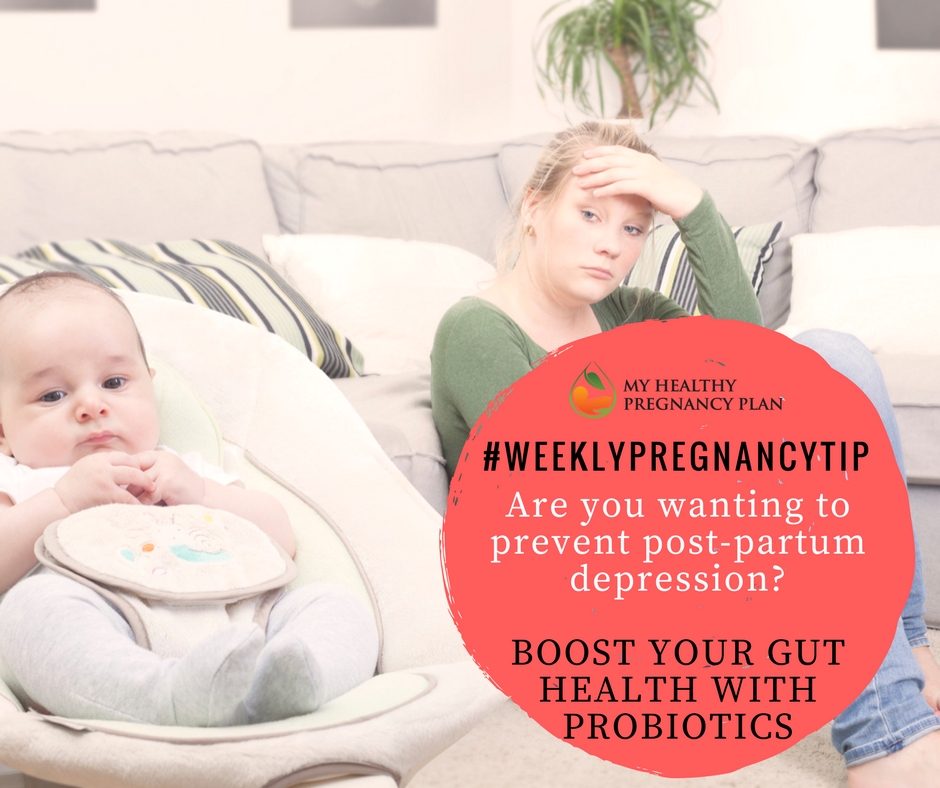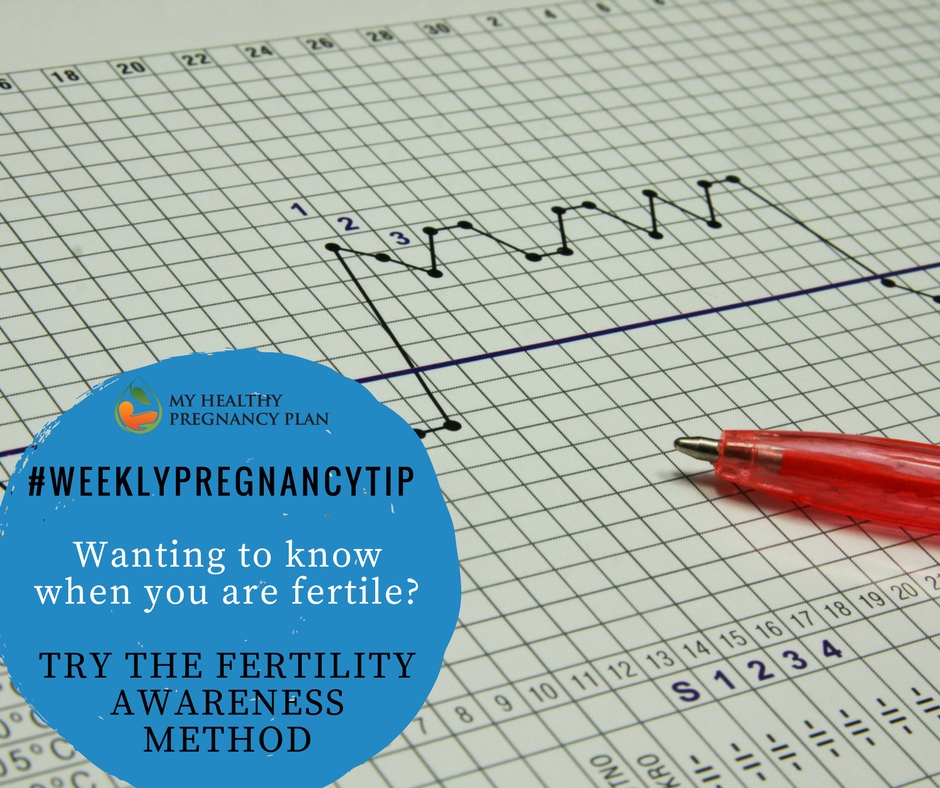Anemia during pregnancy can cause a host of problems, including fatigue, dizziness, frequent infections, and poor concentration and sleep. It also raises the risk for low birth weight and pre-term labour. In an earlier blog post I talked about how to test for anemia in pregnancy, and...
Read More
Should progesterone be monitored in the first trimester with a history of miscarriage/infertility?
Bi-weekly pregnancy tip
In an earlier blog post I shared the important role that progesterone plays in maintaining pregnancy – progesterone literally means “pro gestate” and is critically important in sustaining a healthy pregnancy. I routinely assess my fertility patients for progesterone deficiency and treat during the first...
Read More
Pregnancy stress and blood-sugar levels – what is the connection?
Weekly pregnancy tip
The impacts of chronic stress during pregnancy are well-documented – for mom and baby, including infant behavioural and attention problems and low birth weights. In my online program I dedicate an entire module to stress and the adrenal glands in pregnancy. I focus on...
Read More
The relationship between sugar intake in pregnancy and childhood atopic diseases
Bi-weekly pregnancy tip
There are countless good reasons to keep the sugar monster at bay during pregnancy – including healthy mom and baby weight gain, keeping energy levels constant, and decreasing the risk of developing gestational diabetes. A recent study has highlighted another important connection: higher maternal intake...
Read More
How long should you wait after a miscarriage to try again?
Bi-weekly pregnancy tip
Miscarriage can be a traumatic and disorienting experience for women and their partners – and deciding if, and when, to try again is a challenging question for couples to tackle. There are many factors to consider, so I wanted to share with you how I...
Read More
The difference between post-partum depression and post-partum PTSD
Weekly pregnancy tip
Awareness of post-partum depression is growing amongst all spectrums of health care providers, which is a truly important shift for mothers who struggle after the births of their children and need extra support. However, PTSD following a birth experience – despite being quite distinct...
Read More
The protein connection during pregnancy: how much do you need?
Weekly pregnancy tip
Your body’s need for protein increases significantly during pregnancy – to support growth of maternal tissues (breast and uterus) as well as fetal growth and brain development. Low protein intake during pregnancy is associated with increased risk of “small-for-gestational age” babies, and animal studies...
Read More
Preventing post-partum depression: what your gut health has to do with it
Weekly pregnancy tip
The “gut-brain-axis” is getting a lot of buzz these days as we better understand the connections between intestinal function and cognitive/emotional centres in the brain. In short, the billions of microbes living in your gut affect how we think and feel – both positively...
Read More
Vitamin D pre-pregnancy: is it the new folic acid?
Weekly pregnancy tip
When women start thinking about getting pregnant, they are routinely advised to start taking a prenatal with folic acid in it, to ensure they have adequate stores to reduce the chance of neural tube defects in the first trimester. A study that came out...
Read More
3 signs you’re fertile: making fertility awareness work for you
Weekly pregnancy tip
The Fertility Awareness Method (FAM) allows you to identify the days in your menstrual cycle on which you’re more likely to be fertile. This information can be used to avoid pregnancy, or help get pregnant when the time comes to start your family. FAM...
Read More











